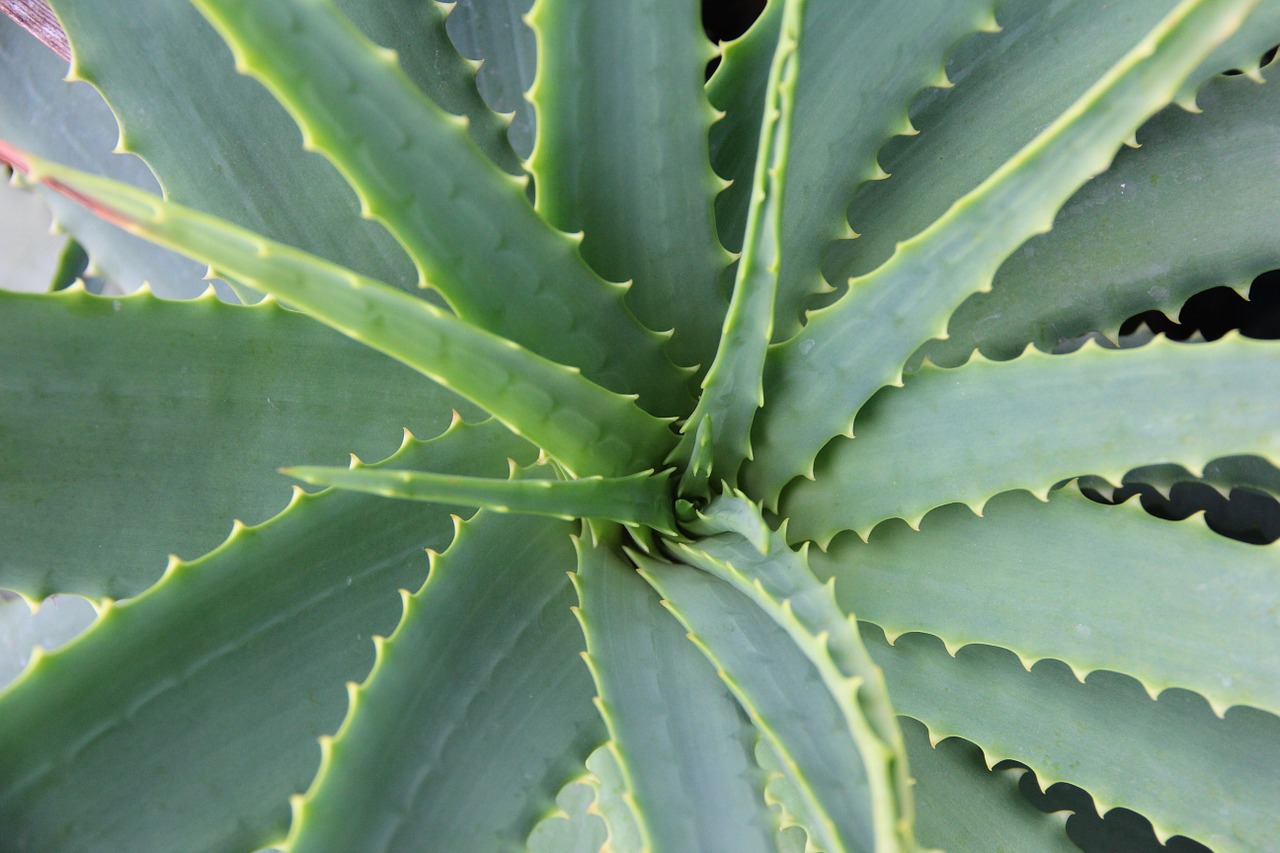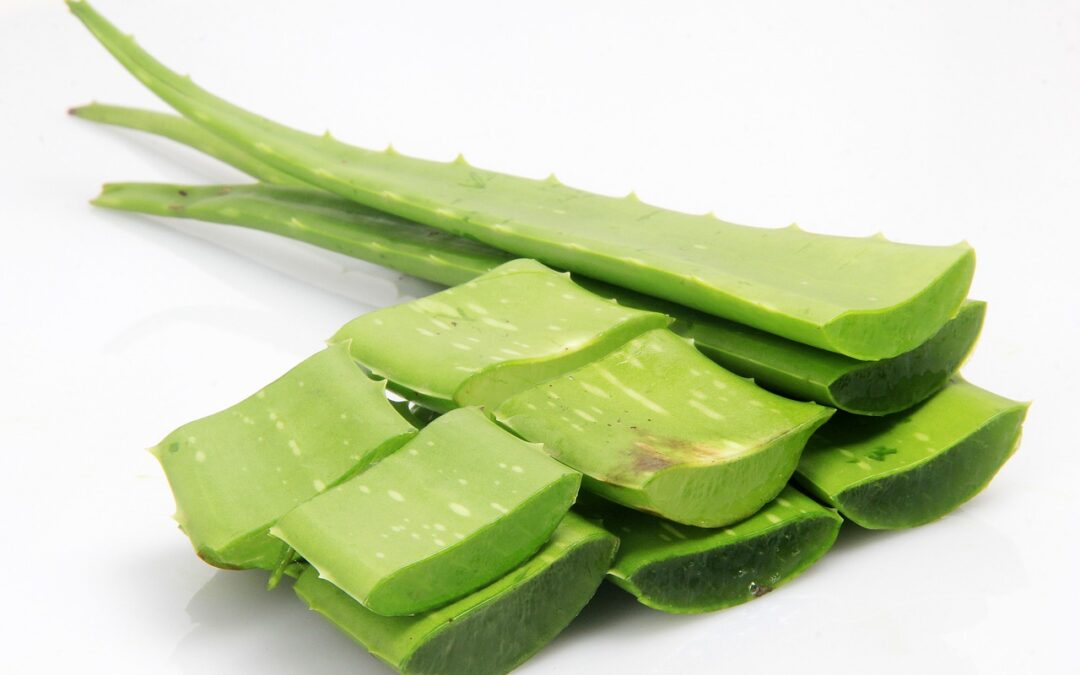Aloe Vera for Acne
Many people wonder whether aloe vera will help acne. It’s an excellent at-home remedy, but it can also cause more severe side effects. To get the best results, use the gel on your face and apply it with a cotton swab. However, you should not apply it to your entire face, which could clog your pores. You should also avoid rubbing it into your eyes, which can irritate your skin.
In addition to treating acne, aloe vera has anti-inflammatory and antibacterial properties that can help reduce the appearance of scarring. Because its strong anti-inflammatory properties can also lighten and reduce the severity of hyperpigmentation and scarring. In addition to this, aloe vera’s gel boosts the production of collagen, which encourages proper healing. So, it’s an excellent choice for treating acne.
Another benefit of aloe vera is its ability to reduce the amount of residual injury to the skin. Unlike other ingredients, aloe vera can help heal scarring from acne. It is because it contains antioxidant and anti-inflammatory properties that can reduce inflammation. Furthermore, aloe vera also increases the number of growth factors in fibroblasts, which make collagen. As a result, the effects of aloe are evident.

Aloe vera gel can also help fade acne scars.
It’s less helpful in reducing acne scarring because it’s not an active inflammatory process. But, it can help your pimples appear less angry. That means aloe vera is an excellent option for those with moderate-to-severe acne. If you don’t have the money to see a dermatologist, consider applying aloe gel to your face.
While it can help fade acne scars, it can’t help with post-acne spots. The gel from aloe can only relieve acne symptom pain and redness. It doesn’t treat the root cause of the problem. Instead, it helps reduce the severity of the symptoms of acne. If you’re concerned about the quality of your skin, consider using a topical treatment.
The gel from aloe vera can also be mixed with a few drops of oil.
Sweet almond oil is the best choice for this. It’s mild and gentle on the skin and can even help with hyperpigmentation, but it can’t remove acne scars. You should try aloe-based products only if they are safe for your skin type and have minimal side effects.
Another way to use aloe vera for acne is to consume the gel. It can be used in a facial mask instead of a standard cleanser. You can drink the juice twice a day for the best results. This treatment is also very effective for various other conditions, including gastrointestinal problems and wounds. It helps improve the skin’s overall health by fighting bacteria and inflammation.
In addition to the gel, aloe vera is also available as a topical treatment. However, the oral form will not have the same benefits as the topical one. As a topical treatment, it is best applied directly to affected areas. It will also help heal the wounds on the skin. It’s essential to follow the recommended dosage instructions. When you’re looking for a topical product, choose one made specifically for acne.
While aloe is generally safe for all skin types, it can cause minor side effects.
It can cause some itching and burning, though it is rare. Some people have a mild allergic reaction to aloe and its latex, so they should avoid this. However, if you’re allergic to aloe, it’s better to find a product that contains it. Regardless of whether you’re allergic to the plant, aloe is an excellent choice for acne treatment.
Aloe can also be helpful for people with acne scars. Because it can calm and soothe inflamed skin, it can help with acne. Its aloe content can reduce redness and swelling, and it is also a natural moisturizer, which helps skin heal faster. It can also help heal cold sores, which can be very painful and difficult to treat. Moreover, it boosts the production of new skin cells, ultimately benefiting the area.
Related Article: Can You Use Retinol and Hyaluronic Acid Together?

